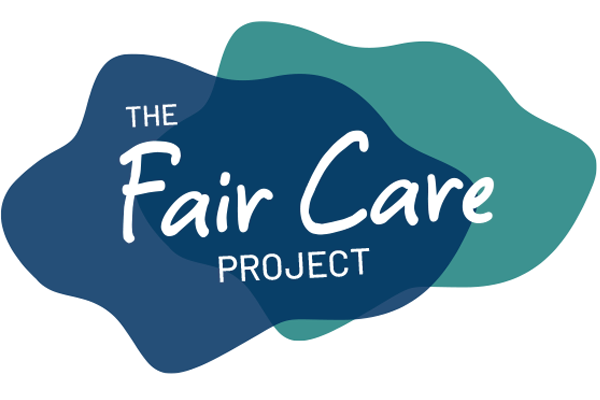Race-based and linguistic identity data in healthcare: Fair Care Project
What the change means
Nova Scotia is now collecting race-based and linguistic identity data in healthcare through the Fair Care Project. You can share information (opt in) when you apply for or renew your health card. You can also share information (opt in) online at any time. It’s your choice.
Race-based and linguistic identity data collection uses a standard for self-identification proposed by the Canadian Institute for Health Information. Self-identification is like what happened if you booked an appointment online for a COVID-19 vaccine in Nova Scotia and were asked to share your racial identifiers. You can also choose not to share.
Providing your racial and linguistic identity information to the healthcare system is a voluntary opt-in process. You can opt in online at any time. You can also opt in when you apply for or renew your health card.
Why race-based and linguistic identity data matters in healthcare
Through research, patient experiences and feedback, we know that inequity in healthcare needs to change. Race-based and linguistic identity data collection is part of government’s health equity framework to help improve equity, inclusion and diversity in healthcare and address racism.
Collecting and interpreting race-based and linguistic identity data helps identify and address unfair differences and inequities in healthcare. It helps government and healthcare workers understand which communities need greater healthcare support and why. It also helps the healthcare system better serve racialized people by working together on community-level programs and initiatives.
Race-based and linguistic identity data can help identify and eliminate structural racism in healthcare by responsibly using race-based and linguistic identity data to:
- uncover inequities
- improve access to healthcare
- inform policy and service development
- support institutional and structural changes
- improve representation of racialized health professionals
- make sure consistent and meaningful feedback is provided on policies, programs and services
- engage and work with marginalized communities
- increase access to interpretation services and supports within racialized communities
Protecting your information
Race-based and linguistic identity information is protected by provincial privacy and security protocols. Your racial identification isn't included on your health card or used to identify you in any way.
It’s your choice to share your information
Providing your racial information to the healthcare system is a voluntary opt-in process. You can opt in when you apply for or renew your health card. You can also opt in online at any time.
Community partners
Collecting, analyzing and interpreting race-based and linguistic identity data isn’t something that government should do alone. It needs to be done in partnership with the communities most affected.
The Government of Nova Scotia is working with a community-based working group to help make sure the communities most affected are involved in every step of this initiative. The working group includes representatives from these community organizations:
- Bangladesh Community Association of Nova Scotia
- Health Association of African Canadians
- Immigrant Migrant Women's Association of Halifax
- Indian Festivals Club of Nova Scotia
- Iranian Cultural Society of Nova Scotia
- United African Canadian Women's Association
Where to find more information
The Department of Health and Wellness can provide more information about race-based and linguistic identity data collection and how data will be used.

